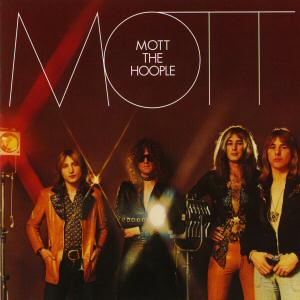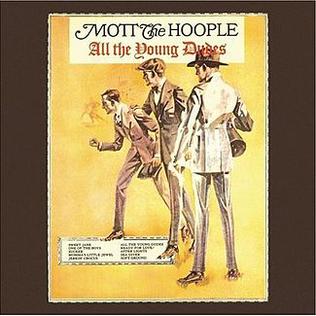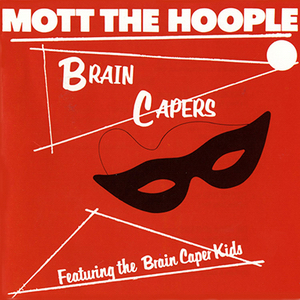The band’s original producer, Guy Stevens, compiled Rock And Roll Queen for a UK release after the band jumped to Columbia, but it took another two years (and two actual hit albums) for it to be released in America. It’s a fairly rocking set; after the “title track”, we get half a minute of “The Wheel Of The Quivering Meat Conception”, which was basically the end of “The Journey”. From there, the sequence leans on their harder stuff, ending with the ten-minute “Keep A Knockin” medley from Wildlife. Save “Thunderbuck Ram”, Ian Hunter takes every lead vocal, and there is one rarity in the form of “Midnight Lady”, a B-side available nowhere else.
Two decades on, after Rhino Records partnered with Atlantic, somebody had the bright idea to put together a more expansive look at those albums. Backsliding Fearlessly: The Early Years was a terrific overview, borrowing equally from each, leaning just slightly on the debut, with key rarities thrown in. The wonderful B-side “Road To Birmingham” opens the set; the outtakes “Going Home” and “Little Christine” were already highlights of 1980’s UK rarities set Two Miles From Heaven. (A box set called Mental Train served up all four albums, each with bonus tracks, plus a disc of outtakes and another of live recordings on six CDs, released in 2018 worldwide, save the US. Of course.)
That’s a lot of attention given to some very good music, but what of the period that commenced with “All The Young Dudes”? Once the Hunter-less Mott evolved without him and stopped selling records, Columbia made sure to cash in on their own heyday with the band via Greatest Hits. A fitting title, it included all the obvious tracks, from “All The Way To Memphis” to “Roll Away The Stone”. The cover art helpfully pictured all the band members and who played what, and the set also included two singles from 1974, “Foxy Foxy” and “Saturday Gigs”, both since added to the expansion of The Hoople. (The CD you can get now adds “Sweet Jane” and “One Of The Boys”. Also in the ‘90s, The Ballad Of Mott: A Retrospective crammed much of the Columbia era onto two discs following exactly four tracks from the Atlantic era.)
Mott The Hoople Rock And Roll Queen (1974)—3
Mott The Hoople Greatest Hits (1976)—3½
2003 remastered expanded CD: same as 1976, plus 2 extra tracks
Mott The Hoople Backsliding Fearlessly: The Early Years (1994)—4
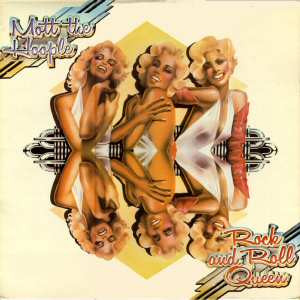
:format(jpeg):mode_rgb():quality(90)/discogs-images/R-4063089-1354002660-4396.jpeg.jpg)
:format(jpeg):mode_rgb():quality(90)/discogs-images/R-441340-1475570821-5157.jpeg.jpg)
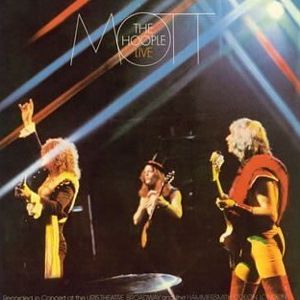
.jpg)
